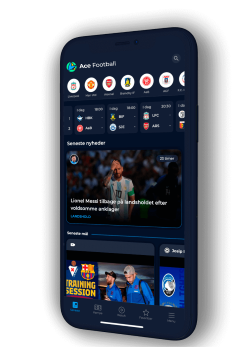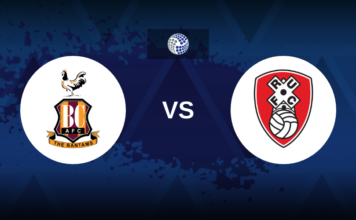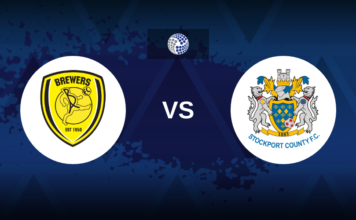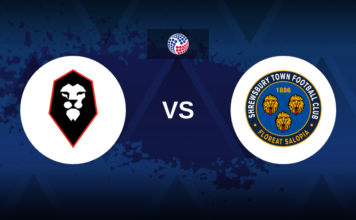Footballers need to axdhere to a rigorous and customized diet to meet their specific needs and optimize their athletic performance.
Endurance, speed, recuperation, sleep habits, and overall on-field performance can all be affected by what goes into the body. Clubs now employ nutritionists to design tailored meal plans for footballers, ensuring that they remain in peak condition.
In the Premier League, footballers typically follow a balanced diet comprising fruits, vegetables, proteins, and carbohydrates. Nutritional supplements are also incorporated to support their physical well-being. Despite the significant earnings Premier League footballers enjoy, a strict lifestyle and making sacrifices can be the key factor differentiating the greats from those who struggle to reach the pinnacle. Cristiano Ronaldo is perhaps the most obvious example of somebody who elevated himself to near mythical levels with the way that he took care of himself.
The life of a professional football player involves rigorous training, abstinence from smoking and alcohol, and adherence to a strict diet to maintain the fitness and physicality required for world-class athleticism. The daily diet of a footballer is intriguing, with surprising quantities consumed to replenish calories expended during daily training sessions. A typical diet for a Premier League footballer varies amongst players, but there is a typical pattern. Meals consist of specific foods, each chosen for its particular benefits. Proteins, carbohydrates, fats, vitamins, minerals, hydration, and supplements are carefully considered in their diets. Footballers aim for a balanced diet rich in fruits, vegetables, and essential proteins to aid muscle building and repair. Whole grains like pasta and brown rice provide necessary carbohydrates. Clubs have dedicated nutritionists who collaborate with players to plan meals based on their daily activities, be it training, resting, or playing.
Liverpool, for instance, tailor their menu around players’ training routines, featuring meals like oats and porridge for breakfast, pasta for lunch, and fish, particularly salmon, as a favorite protein source. Nutritionists and chefs collaborate to ensure that players receive the right balance of nutrients. Whilst there is some variance in players’ food choices, clubs generally focus on specific types and quantities of food alongside supplements. Some players may have dietary restrictions, such as Ectoin, who is a vegan. Supplements play a crucial role, complimenting regular food intake. Weekly plans involve nutritional supplements like protein shakes and cher.
Even on rest days, carbohydrate intake increases before matches, providing additional energy. The day of a match involves a carbohydrate-rich meal 3 hours before kickoff, mainly with chicken or salmon; red meat is avoided. And post-match treats such as a burger and chips provide a break from the routine. Footballers’ calorie intake is surprisingly high on match days, with the average Premier League footballer consuming around 3,789 kilocalories, and on training days, it is approximately 2,956 kilocalories.
These dietary details may seem trivial, but they contribute to the fine margins that give top-level players a performance edge. The strict and well-designed dietary plans followed by Premier League footballers are integral to their success, impacting their physical performance, recovery, and overall well-being. Nutritionists and chefs collaborate to ensure that players receive the right balance of nutrients and supplements, contributing to their success on the field. Every player in the Premier League is extremely talented, but it’s those who are really willing to take care of themselves that can get an edge on the competition.







